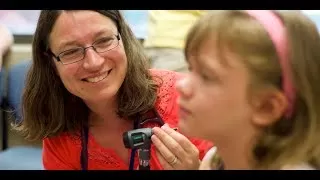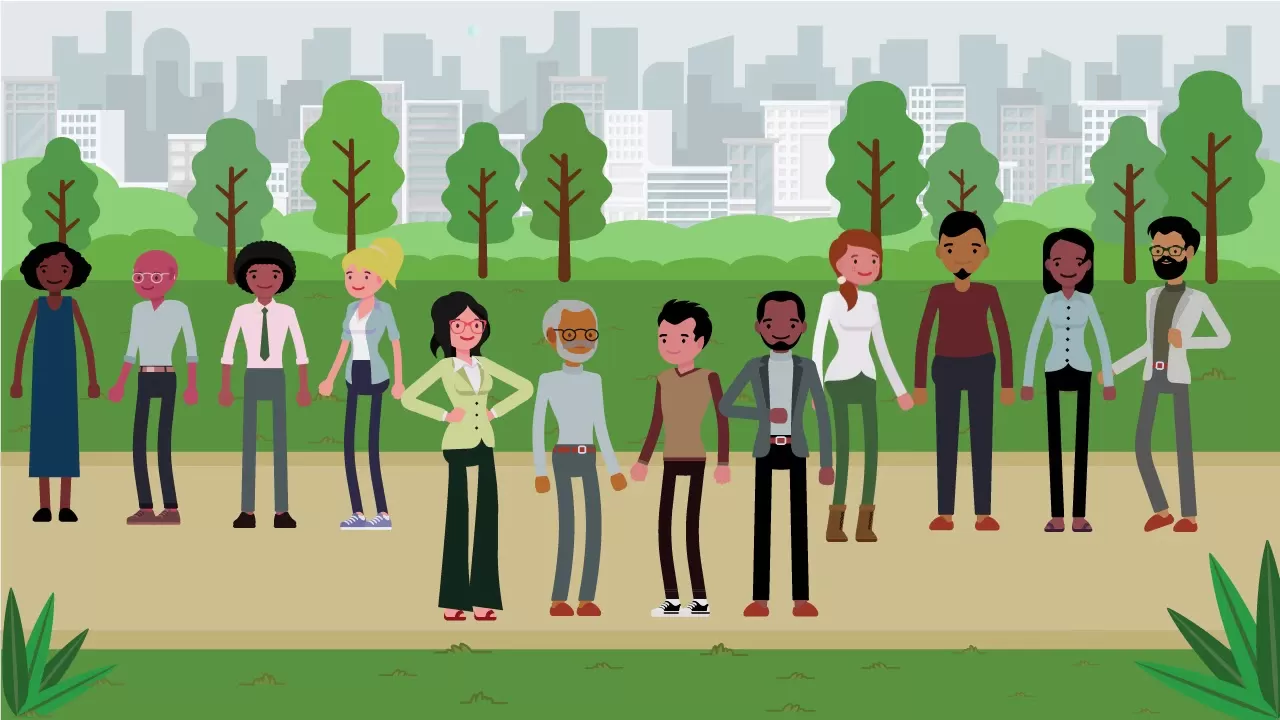Revenge Bedtime Procrastination

Here is a potentially familiar scene. You are exhausted after working a full day, the sort of day when you felt like your attention was drawn in 20 different directions, where you were ricocheting between obligations and meetings and running six minutes late to pick-up and realizing that if you didn’t put that load of laundry in the wash now, at 9 pm, the rest of the week could very well collapse in on itself. You answered emails while stirring something on the stove. You answered different emails while half-listening to a story from a family member or roommate.
- Read more about Revenge Bedtime Procrastination
- Log in to post comments
- 9 views













